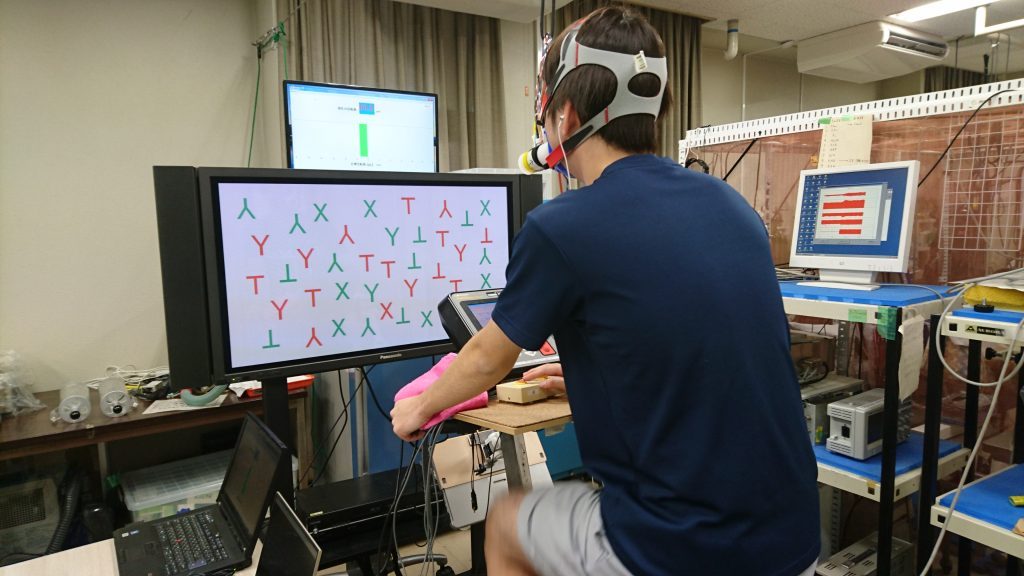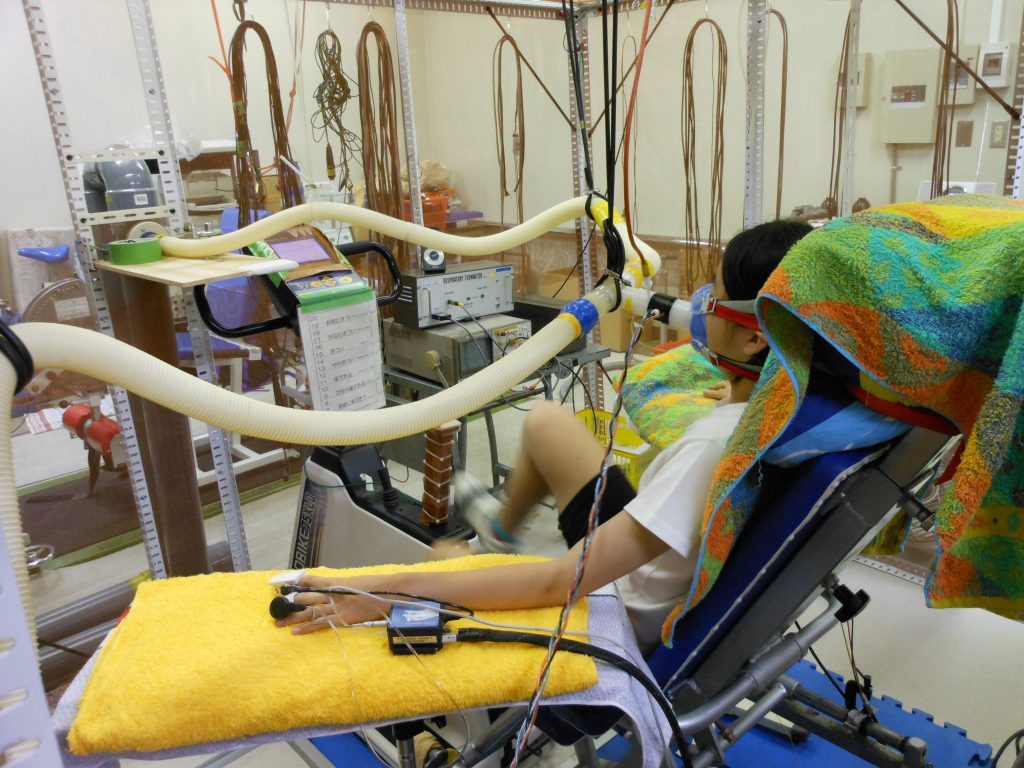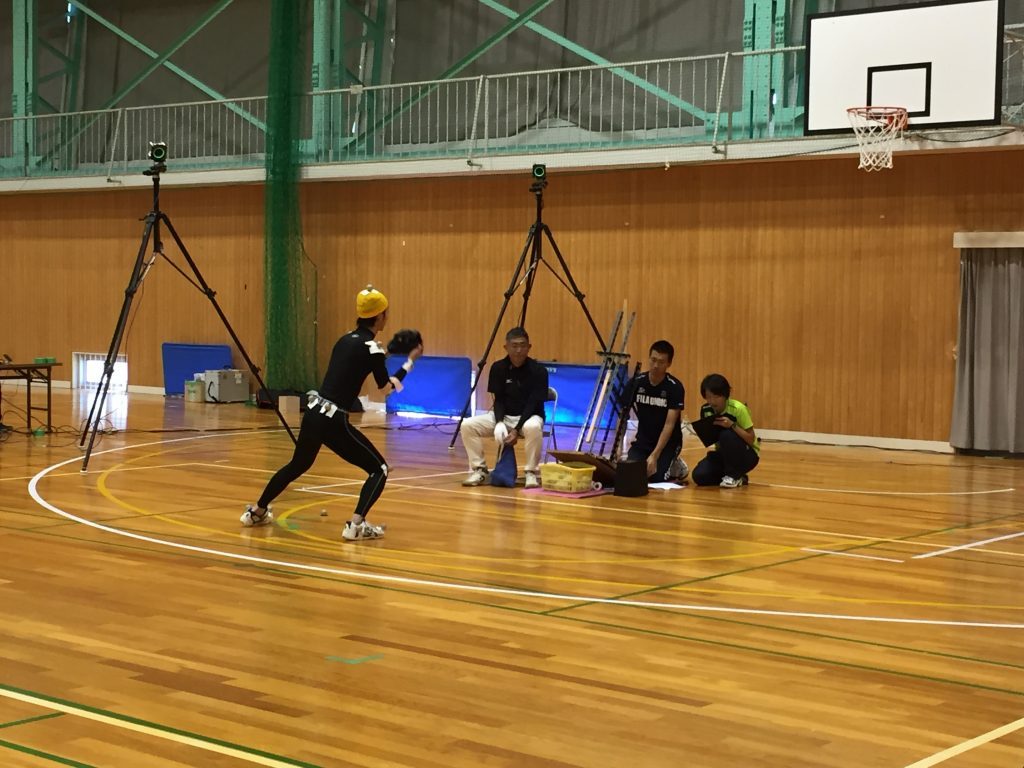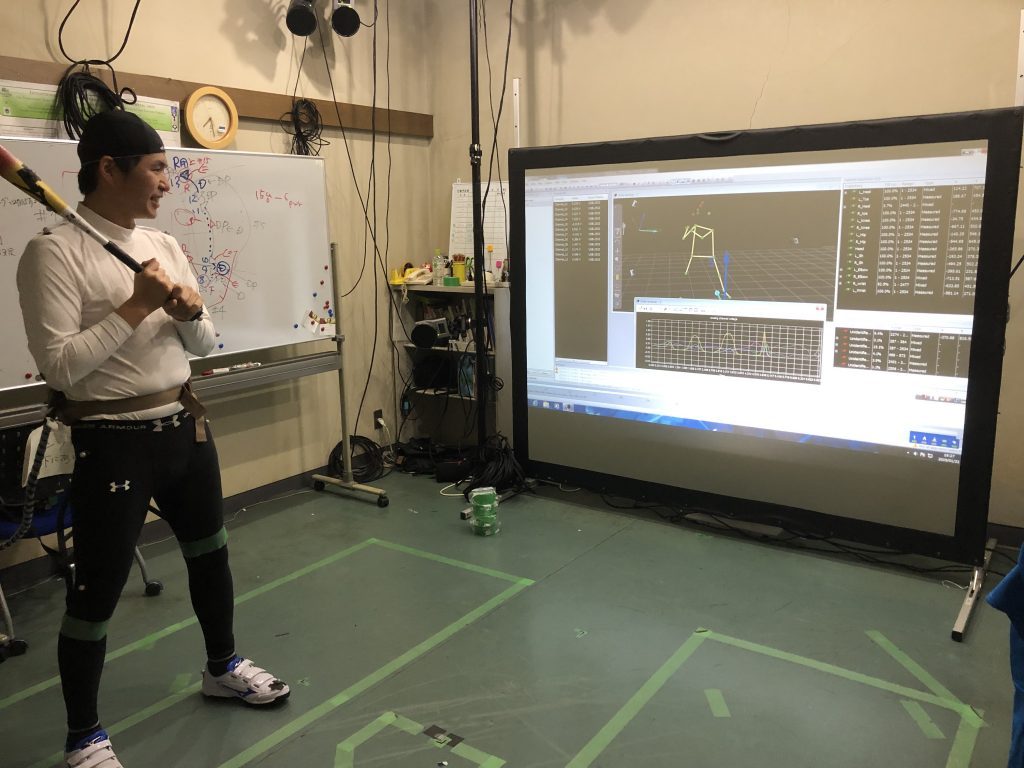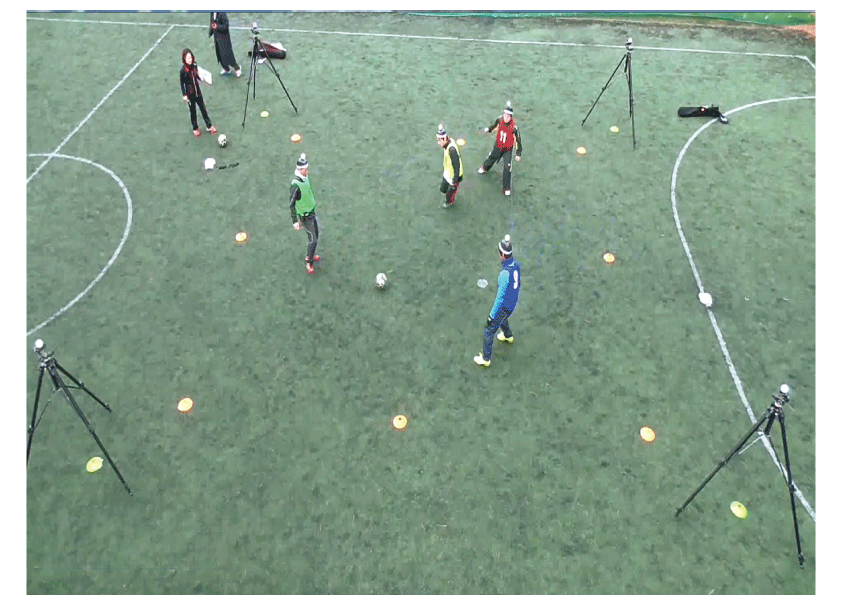Research Introduction
The faculty of the Research Center of Health, Physical Fitness and Sports engage in research as a cooperative unit with the Graduate School of Medicine and the Graduate School of Education and Human Development. Please check here for more details about the graduate education.
Graduate School of Medicine
Division of Basic Medicine – Health Promotion Medicine
Health and Sports Medicine
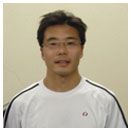
KOIKE, Teruhiko
My specialties in clinical medicine are geriatric medicine and general medicine. I want to contribute to the improvement in preventive medicine. Our approaches include both a human study and basic science experiments. We want to find the exercise and nutrition therapy that lead to the prevention of the physical and cognitive decline in aging.
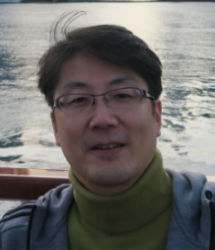
BANNO, Ryoichi
We study energy and glucose metabolism. For obesity, which causes lifestyle-related diseases such as type 2 diabetes mellitus, dyslipidemia and arteriosclerosis, we are trying to elucidation of the mechanisms of obesity and the establishment of obesity treatment based on both basic and clinical medicine, and for that we especially focus on the action of leptin and insulin. We are also trying to develop new therapies for type 1 diabetes, which is mainly caused by abnormal autoimmunity in terms of glucose metabolism.
Human Nutrition
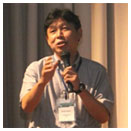
ISHIGURO, Hiroshi
Proper moisturization and alkalinization of mucosal epithelia are necessary for biophylaxis and nutrient absorption. We analyze cellular and molecular mechanisms for epithelial HCO3– secretion in pancreatic ductules of which the lumen is microperfused with artificial pancreatic juice to mimic in vivo condition. We are able to estimate HCO3– and fluid transport by measuring the changes in ion concentrations of intra- and extracellular microenvironments.
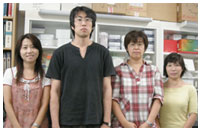
YAMAMOTO, Akiko
We are investigating cellular and molecular mechanisms for HCO3- secretion by mucosal epithelial cells by using isolated pancreatic duct segments. In addition, it was found that a group of G-protein-coupled orphan receptors function as membrane receptors of free FA. We are also investigating to clarify fatty-acid sensing mechanism in the intestine.
Department of Psychopathology & Psychotherapy
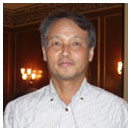
OGAWA, Toyoaki
Our research fields are the psychopathology and the psychoanalysis. We are working to understand the fundamental mechanisms of depressions in the personality disorders with the method of natural observation and to deepen these understanding we use the psychoanalysis for those patients. As to the theme in the field of the psychoanalysis, we above all engage in the research on the phenomena of the repetition of one’s destiny and on the relationship between the childhood abuse and the catastrophe in the life. Anyway, we believe that the research in the field of psychopathology and psychoanalysis for the quest of the truth of the nature of human being is very interesting and fascinating.
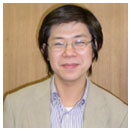
FURUHASHI, Tadaaki
My methodology is both psychopathology and psychotherapy. My research themes were gender-related psychiatric problems before, and now it is “Hikikomori”. The age range of Hikikomori has broadened from young people to middle-aged people in recent years and even the areas of emergence have spread from Japan to overseas (particularly the spread to France is my subject of interest).
I have been studying French psychiatry and psychoanalysis, and have stayed in France often. As I did so, I found that there were young people also in France who withdraw from society (i.e. “Hikikomori”) just like the socially withdrawn young students I usually consult at Nagoya University. Thus I began to indicate that they could be explained more with the word “Hikikomori”. In France, there were young people who had socially withdrawn from before, however, there was no term to refer to them. Currently, there are some French Hikikomori that I regularly follow-up, and there are times I am asked to give a lecture in various parts of France and recently also in other European countries.
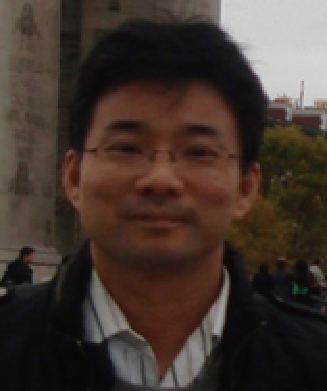
NAGASHIMA, Wataru
My research is Consultation-Liaison Psychiatry in a general hospital. I belong to the palliative care team (Nagoya Tokusyukai Hospital). Cancer Patients received psychiatric liaison intervention by our palliative care team. I mainly deal with depression and delirium in cancer patients. I am interested in the field of team medical care with other occupations, such as clinical psychologists and nurses.
Exercise Physiology
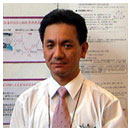
ISHIDA, Koji
My research interest has been “cardio-respiratory responses during exercise”. We have explored the characteristics of these responses among various subject groups and under various environmental conditions, and additionally, the mechanisms of these responses. Recently we applied them to the development of the way to prevent the acute mountain sickness by using hypoxic responses at sea level.
We are now undertaking to investigate the motor-cognitive dual-task which is assumed to be effective to prevent dementia. For example, we are trying to elucidate the effects of different motor or cognitive tasks on these dual-task performances and cardio-respiratory responses.
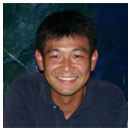
KATAYAMA, Keisho
Our group is engaged in research concerning respiratory and cardiovascular responses to exercise and adaptations to exercise training. Specifically, we are elucidating the mechanisms of respiratory and cardiovascular regulations during dynamic exercise in humans, as well as how the respiratory system may limit exercise performance in both normal and trained athletes.
Endowed Chairs: Department of Diabetes, Motor Function and Metabolism
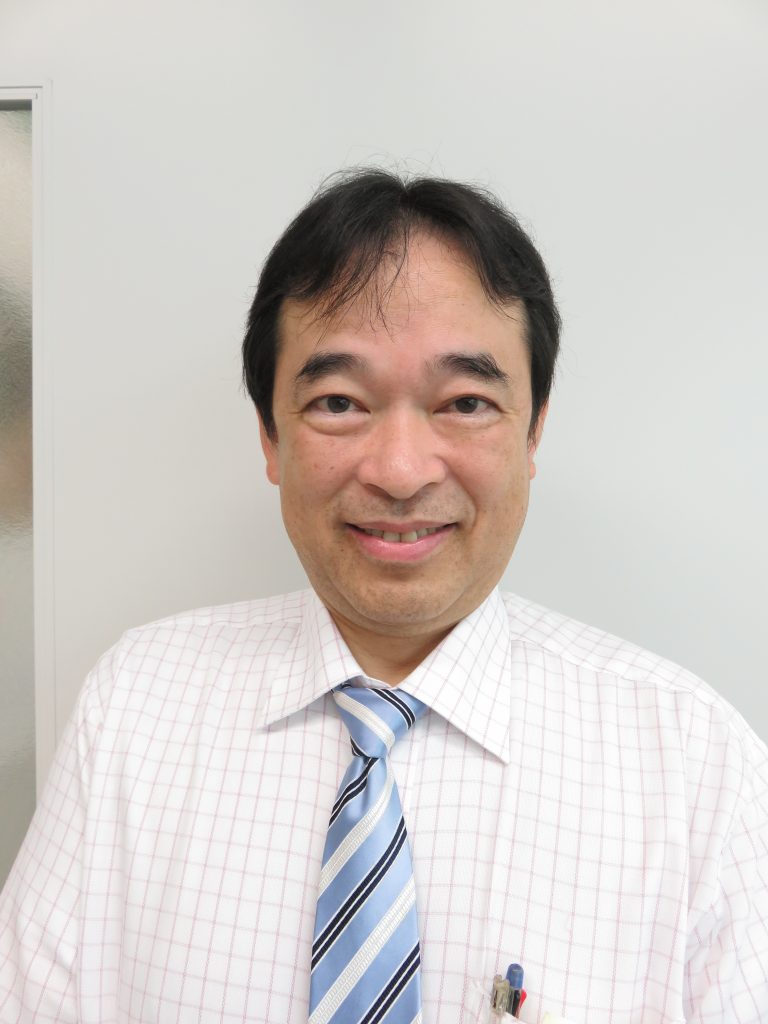
KUSUNOKI, Masataka
WAKAZONO, Naomi
In recent years, new drugs in the field of diabetes mellitus have been developed one after another, and have greatly contributed to effective treatment of diabetes. However, most of the newer drugs have been developed in other countries, and clinical data from Japanese patients are limited. Therefore, there is a high demand for further development of clinical research in Japan. In addition, challenges to develop comprehensive treatment programs combining medication with basic approaches, such as therapeutic dietary modification to effect gut microbiota changes and strengthening exercise therapy by behavioral changes, have come to the stage where they can be implemented with a cellular phone application and portable activity monitor. The research objectives of the Department of Diabetes, Motor Function and Metabolism are to conduct clinical research aimed at developing tailor-made treatments for individual patients, by accumulating and analyzing data on Japanese patients from routine clinical practice, with the use of actual therapeutic drugs and devices.
Graduate School of Education and Human Development School of Education
Department of Educational Sciences, Division of Sport and Exercise Science
Research Field of Lifelong Physical Activity and Fitness
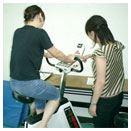
HIRUTA, Shuichi
Through the biomechanical and physiological analysis of physical activities including sports and work, we are exploring the conditions for quantitative and qualitative improvement in life, taking into account personal attributes and environmental differences.
Health Promoting Exercise

TANAKA, Noriko
The purpose of our research is to contribute to the improvement of human health through human body composition and its relation to physical activity and/or exercise. We examine the volume and distribution of the human skeletal muscle, subcutaneous fat and visceral fat by using the magnetic resonance imaging, bioelectrical impedance analysis and B-mode ultrasound imaging.
Sports Management
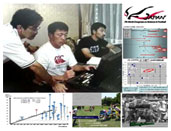
SASAKI, Koh
Exploring strategic advantage of sports behaviors.
We are mainly investigating the strategy of ball games from the viewpoint of improving international competitiveness. Competitions are formed to gain a relative advantage from the competition between unique tactics and techniques. By reexamining the phenomenon on the time axis and the space axis, and clarifying the underlying strategic structure, we will explore the possibilities of interesting “humans” in sports.
Exercise and Sports Physiology
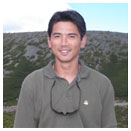
AKIMA, Hiroshi
Research studies in my lab are directed at describing and understanding physical function in relation to neural activation of the muscle using surface electromyography and near infrared spectroscopy. We are also interested in skeletal muscle quantity and quality, i.e. adipose tissue (and connective tissue)-to-muscle tissue ratio, in relation to physical function using medical imaging technique using magnetic resonance imaging, 1H magnetic resonance spectroscopy, and B-mode ultrasonography.
Sports Biomechanics
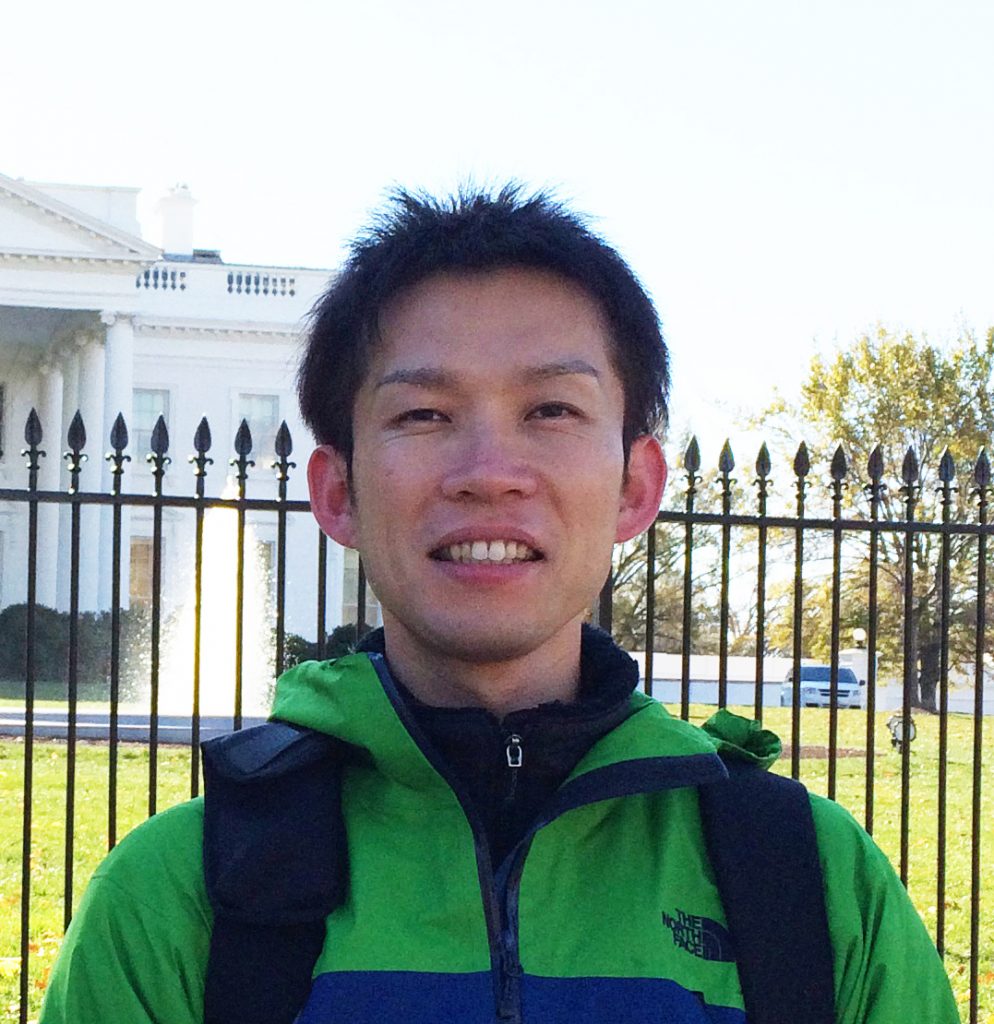
MIZUNO, Takamasa
My research area is an adaptation of the skeletal muscle and tendon to exercise. I am focusing on the effects of exercise on extensibility of skeletal muscle and tendon (such as mechanism of change in flexibility, and effects of various kinds of stretching). My laboratory primarily has the following instruments to conduct experiment; ultrasound image, electrical stimulator, electromyography, and muscle strength dynamometer.
Department of Psychology and Human Developmental Sciences, Division of
Sport Behavioral Science
Sport Psychology
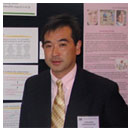
TAKENOUCHI, Takashi
I have been studying clinical issues with athletes. In particular, I have been investigating relationship of sports experience and personality development of athletes. I have also been interested in sports counseling and psychological support for performance enhancement of athletes.
Human Motor Learning Science
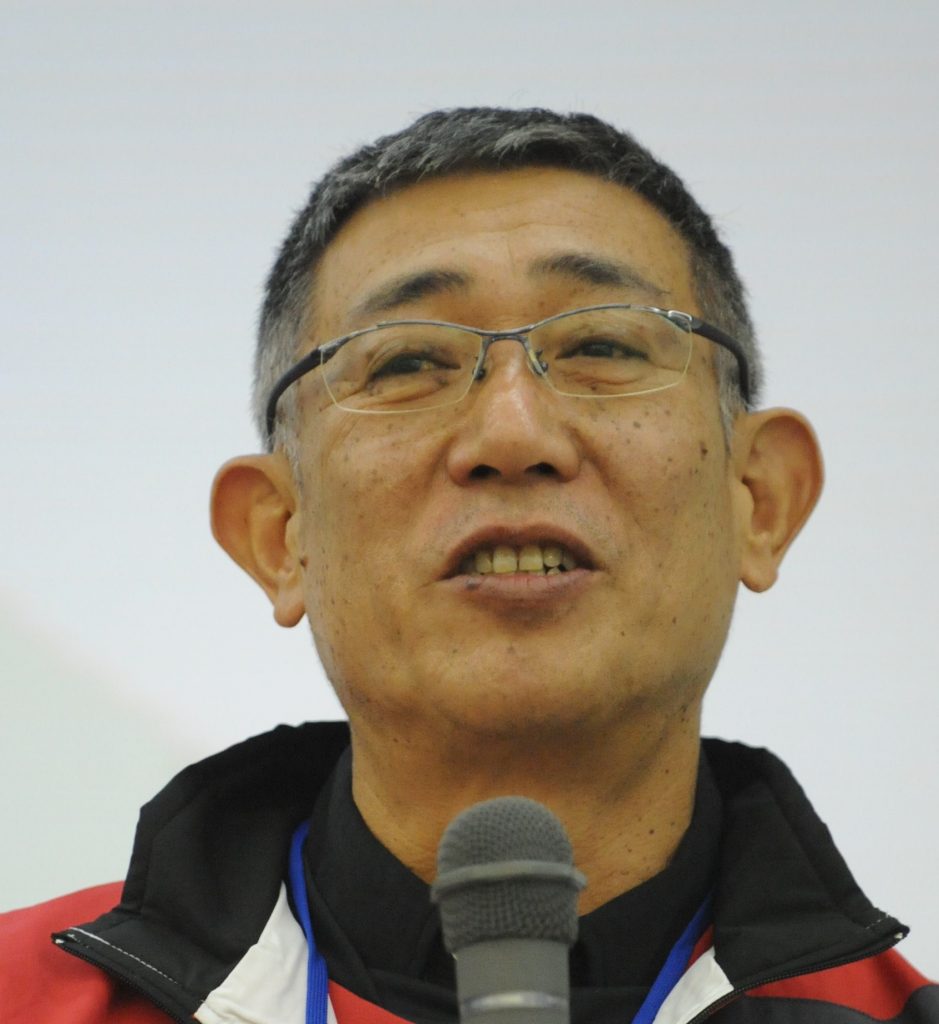
YAMAMOTO, Yuji
Our research interests are motor control and learning, especially dynamics in sports. We focus on human behaviors in sports, such as tennis, soccer, play-tag, and Kendo, and aims to determine the principles that rule our actions. It appears that following these simple principles, human beings make complex movements in sequence. We believe that complex movements generated by simple rules captivate people and impress them with the grace of the movements.
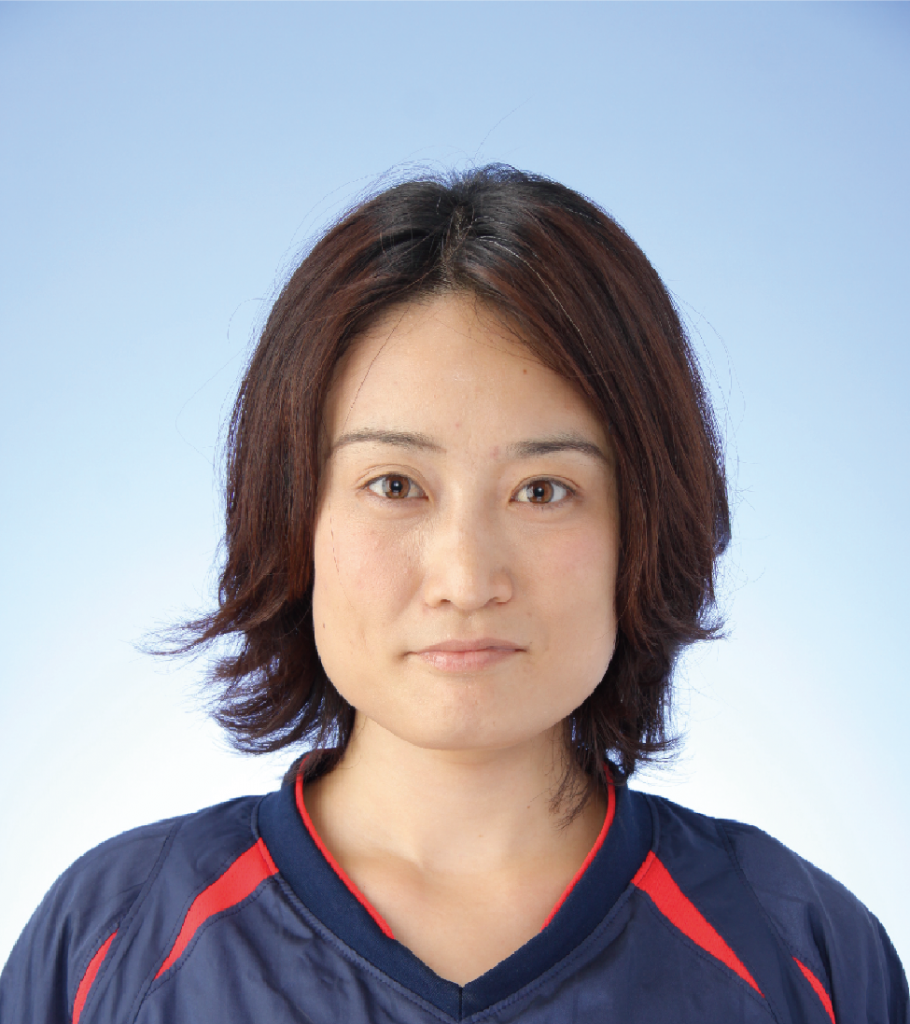
YOKOYAMA, Keiko
My research object is to understand the social dynamics underlying the collective behavior, and to design the learning environment for facilitating the collective organization. The main methods of my research are to measure the collective behavior by using motion capture system and to analyze these measured spatio-temporal data based on dynamical system theory, and to simulate the collective behavior using mathematical models.

